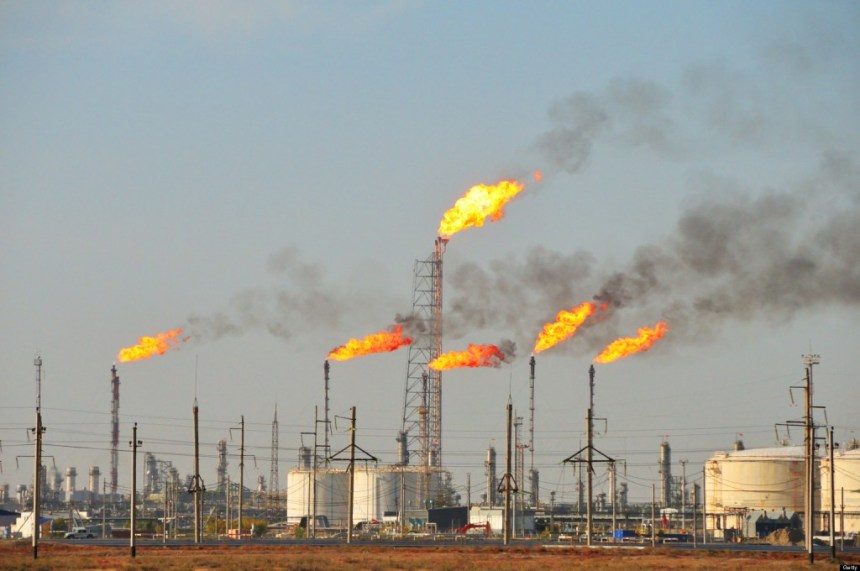The NYMEX September natural gas futures edge higher to $2.936 Wednesday as growing storage deficit intensified supply concerns to already-bullish market sentiment, with above-average summer temperatures lingering in the US.
The expectation of analysts at S&P Global Platts was that about 45-Bcf build in storage stocks would be seen from the announcement of the US Energy Information Administration for the week ended August 3.
The NYMEX front month has gained some strength recently, increasing approximately 18 cents in the last six trading days. This is the first time NYMEX front-month has been over $2.90 since June 29. It has averaged $2.789 in the month of July.
Power burn totals decreased 1.47 billion cubic feet per day (Bcf/d) to 39.33 Bcf/d Wednesday, with the largest day-on-day decline of 522 million cubic feet per day (MMcf/d) coming from the Southeast, according to S&P Global Platts Analytics data.
Also, power burn totals have decreased lately from record levels reached during the warmer-than-average July, but are forecast to tick back up in mid-August.
Going forward, the most recent six- to 10-day temperature forecast from the National Weather Service calls for warmer-than-average temperatures for most of the Upper Midwest and Northeast, which will likely add to the recent strength the market has experienced.
US dry production decreased 500 MMcf/d to 80.2 Bcf/d Wednesday, after being over 80 Bcf/d for the past six days, according to Platts Analytics.
The strong dry gas production has mitigated supply concerns and has transformed the market moving into the winter months. Producers have demonstrated their ability to keep up with demand, and a storage deficit of this size in the past would have caused gas prices to reach $5/MMBtu or earlier in the decade as opposed to the current levels of under $3/MMBtu, according to Kyle Cooper, analyst at IAF Advisors.








